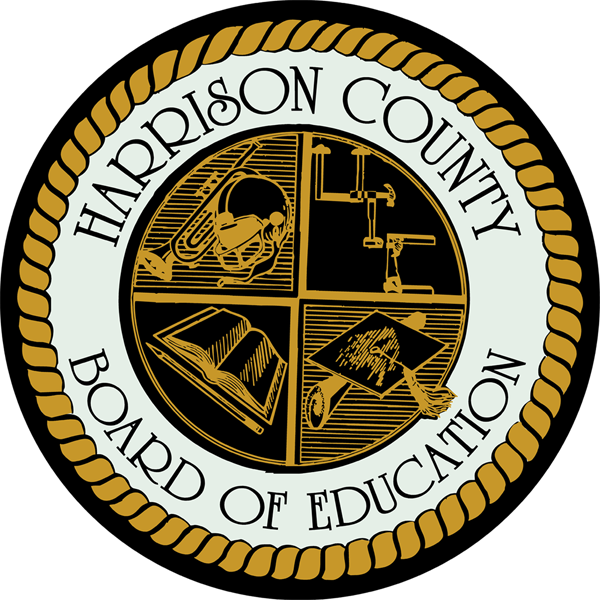Exceptional Students
Exceptional students are those children and young adults between the ages of three and twenty-one whose exceptionality meets the criteria established by West Virginia Board of Education Policy 2419 and adversely affects their educational performance. The term includes both disabled and gifted students. Programs serving exceptional students in West Virginia include:
Autism
Blindness and Low Vision
Deaf-blindness
Deafness
Developmental Delay
Emotional / Behavioral Disorder
Gifted
Hard of Hearing
Intellectual Disability
Orthopedic Impairment
Other Health Impaired
Specific Learning Disability
Speech / Language Impairment
Traumatic Brain Injury
Exceptional Categories
The Individuals with Disabilities Education Improvement Act (IDEIA) provides definitions for each of the disability categories. West Virginia also provides services to gifted students as another exceptional category.
Related Services
Exceptional students may be eligible for related services to the extent that these services are necessary for them to benefit from their special education services. These services may include, but are not limited to, speech language therapy, occupational therapy, physical therapy, assistive technology, psychological services and transportation.
All students with disabilities, who are eligible for these services under the Individuals with Disabilities Education Improvement Act (IDEIA), are entitled to free, appropriate, public education (FAPE).
Harrison County Schools strive to educate students with disabilities, to the extent possible, with their age-appropriate, non-disabled peers (Least Restrictive Environment - LRE).
Students' and parents' rights are protected under law through a series of procedural safeguards.
Referrals
Harrison County Schools implements an ongoing child find system to locate, identify, and evaluate students with disabilities residing in the district, between the ages of three and twenty-one, inclusive, regardless of the severity of the disability. Referral sources may include developmental screening, student assistance teams, student instruction and intervention teams, parents, private / religious schools and/or any interested person or agency. Procedural safeguards are afforded when the parent, adult student or the district makes a referral for a special education evaluation. A parent, adult student, the district or any other interested person or agency may initiate a request for an initial evaluation to determine if the student is eligible for special education services. Each public school has a student assistance team (SAT) that accepts referrals and reviews individual student needs. The SAT determines a referral for a multidisciplinary evaluation is appropriate parental consent must be obtained before the evaluation is conducted.
